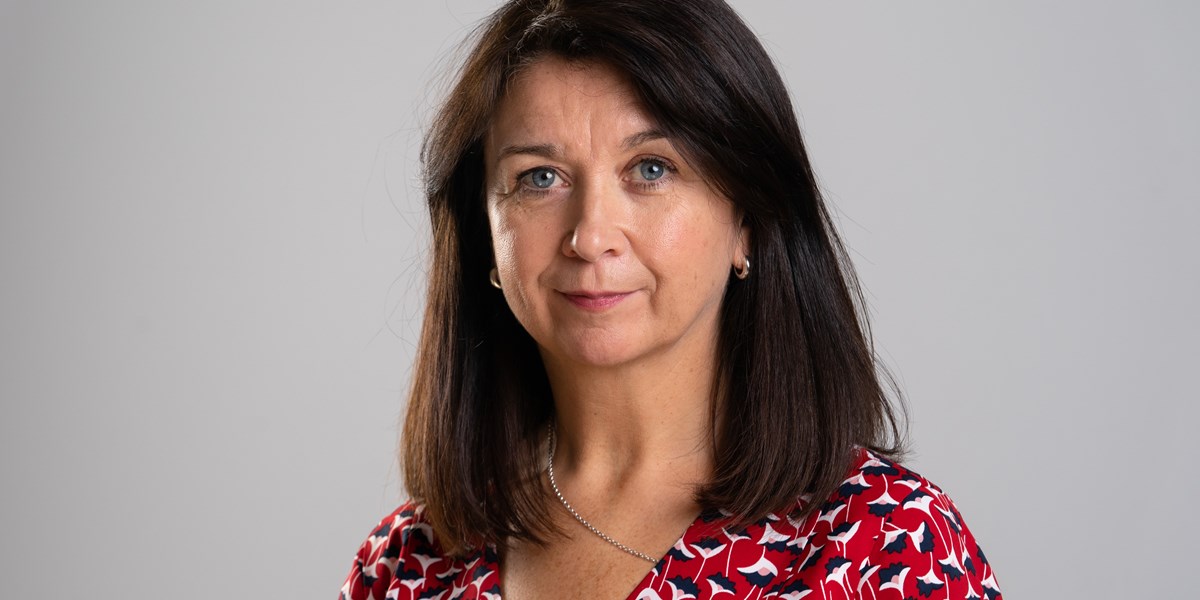By connecting poverty, adversity and trauma, the Robertson Trust’s new strategy bravely seeks to unpick some of the biggest and most complex challenges Scotland faces.
Of course, the focus on the complex connections between these challenges isn’t new. From Christie, through GIRFEC and the integration agenda, to today’s focus on the Promise and the incorporation of the United Nations Convention on the Rights of the Child (UNCRC), policy approaches have long recognised the need for families to get the right support at the right time. As the preamble to the UNCRC so beautifully puts it: “the child for full and harmonious development of his or her personality, should grow up in a family environment, in an atmosphere of happiness, love and understanding.”
In practice, however, families continue to tell us that supports, services and systems fail to recognise these connections. Too often the partial and siloed nature of the support available to families fails to address their basic needs or to get to the roots of the complex web of challenge and adversity which they are caught in.
I remember the story of one child that Children 1st were asked to support to recover after being sexually abused by someone outside their immediate family. Any family whose child is sexually abused would be traumatised by it. Any family would find our siloed systems of justice and child protection bewildering and frightening to navigate. For this child and their family, who were already living with poverty, debt and health issues, this additional trauma was completely overwhelming. The parents’ health problems got worse, the older children were struggling with school issues and the family’s relationships were pushed to breaking point. For the child, - who desperately needed to feel safe and supported; she didn’t even have a proper bed to sleep in. Yet none of the social workers, police or court officials that had already been working with the family for a year recognised emotional overwhelm and practical challenges that the family were experiencing. In the face of these conditions, how can a family be expected to support their children to recover? How can a child be expected to feel safe?
Quite simply; they can’t.
That’s why Children 1st has always recognised that emotional and recovery support for children and their families cannot be separated from practical and financial help. Before we began to focus on the child’s recovery from the trauma of sexual abuse, we worked with the whole family to address their basic needs, build their trust and model strong relationships. The family felt safer and more in control and the mum felt able to tell us that she too had been the victim of child sexual abuse which had never been addressed. Her lifelong struggle with depression and anxiety, and her inability to function when her child suffered the same trauma, made perfect sense. By understanding the totality of the family’s experience and offering them holistic support which tackled all of their needs, we were able to support their recovery - from both the recent and the more historic trauma.
The Robertson Trust’s new strategy is bold because it supports charities to take this the more holistic, trauma-informed approach, putting the needs and wants of children and families at the centre. This is the progress individuals and communities so desperately need to break the cycle of unresolved intergenerational trauma and increasing adversity. As the strategy develops, I hope the Trust will challenge other funders, professionals and service providers to follow their lead.
Such changes to funding requirements and outcomes can and will help to address children and families’ personal troubles. But as I learnt long ago – a personal trouble is a public issue. It is impossible to address an individual family’s intergenerational trauma and deep-rooted poverty when this is made worse by a harsh and bureaucratic benefits system that shames and blames. You cannot address one without addressing the other. People cannot be expected to embark on their recovery from childhood sexual abuse, domestic abuse or harmful relationships whilst they are faced with the overwhelming anxiety of how to pay for the next meal or heating bill.
So, as I welcome this brave, progressive and challenging strategy from the bottom of my heart - professionally and personally I also urge the Robertson Trust to go further. To work with us and with others to change public systems as well as personal circumstances. I ask the Trust to take a lead in bringing about changes that will build back better by bringing about a wellbeing economy of the future, in which everyone’s financial, material and emotional needs are met and dignity and choice are a must. Being in control, feeling safe and secure are basic and fundamental human rights and they are the best chance we have to ensure that all of Scotland’s citizens can live well, fulfil their potential and make a contribution.

